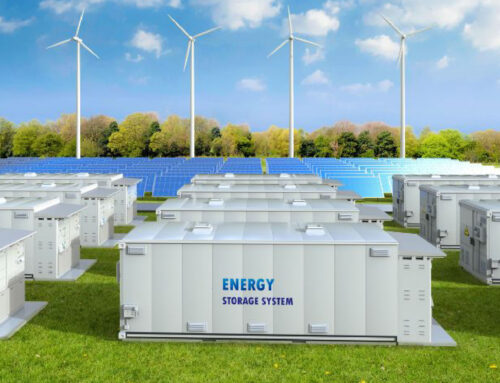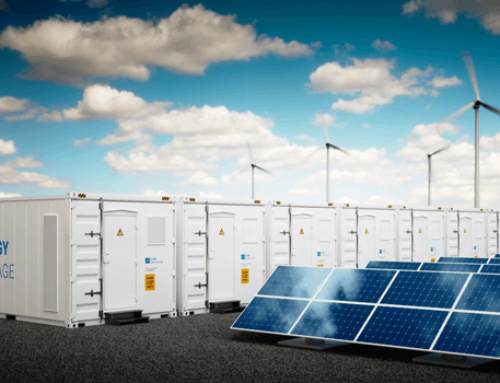
The Delhi administration has stated that by the end of this decade, solar power generation will account for 50% of total energy demand, and the city will be known as India’s rooftop solar capital. In a similar vein, the Delhi government organized a National Consultation with numerous stakeholders on the Delhi Solar Policy to identify solar energy prospects.
All of this comes as the state’s previous attempt to reach a 2762 MW solar capacity target by the end of this year failed miserably, with only 220 MW installed by the end of 2021.
Satyendra Jain, the Delhi minister for power, said that the Delhi government’s regular policy discussions had allowed it to get a lot of useful feedback from stakeholders. He believes the original approach will assist the Delhi government in developing a fresh, effective, exemplary, and robust solar strategy.
Further, Mr. Jain added, “Through rooftop solar installation, the city government will explore innovative mechanisms to effectively manage peak load, which is also complementary to the growth of electric vehicles in the city. The customer must be provided with continuous maintenance and proper functioning of the solar panels through the promotion of the RESCO model.”
When it comes to rooftop solar power generation, Delhi has a lousy reputation.
According to Jasmine Shah, Vice-Chairperson of the Delhi Dialogue Committee, Delhi has emerged as an environmental pioneer in the previous five years by becoming the only state to shut down all of its thermal power plants. He added that, as the state transitions its entire industry to clean fuels, Delhi has become an unchallenged national leader in EV adoption (PNG). He asserted that the Chief Minister’s vision for the future of Delhi includes sustainability as a vital component.
“Delhi’s previous Solar Policy of 2016 created the basis for rooftop solar adoption in the city,” Shah said, adding that “83 percent of total rooftop solar capacity has been installed since 2016.” With the new solar policy, Delhi will become India’s solar capital and, ideally, a global case study for how cities may lead the rooftop solar movement.” According to him, the solar strategy will also result in the creation of thousands of new green jobs.
Hopefully, this time around, the city will see some actual improvement, as most of the city’s major environmental decisions, whether made by the current administration or the prior Congress administration, were made in response to judicial pressure. With such a significant reliance on thermal power, the city’s statements about shutting down or attempting to shut down plants outside Delhi don’t add up when we look at its internal generating.
Click Here for more updates ornatesolar.com








Leave A Comment